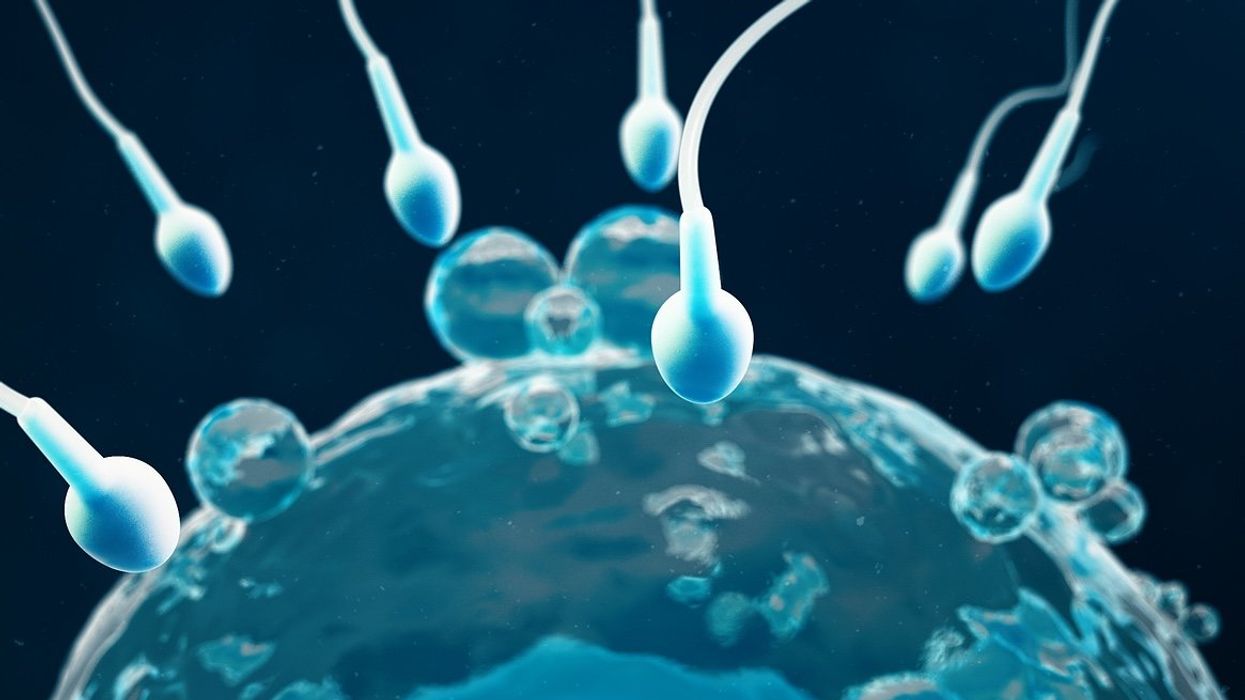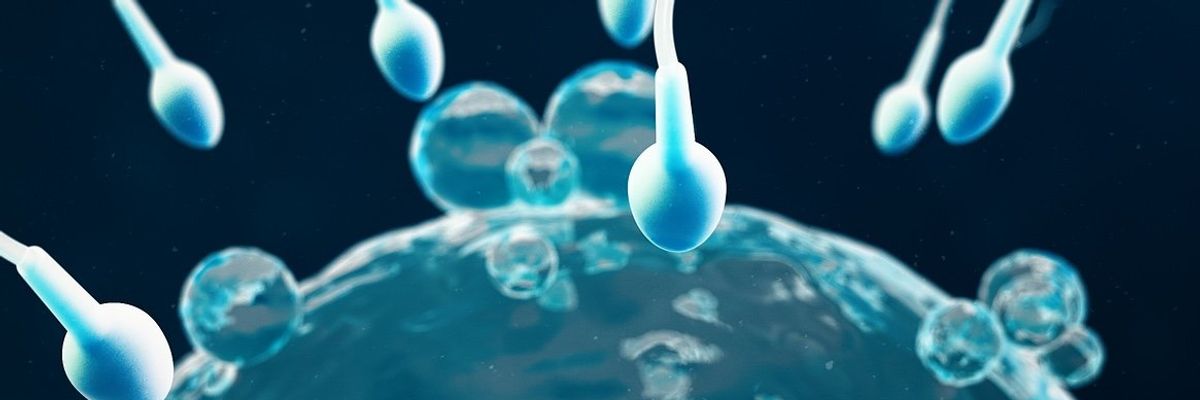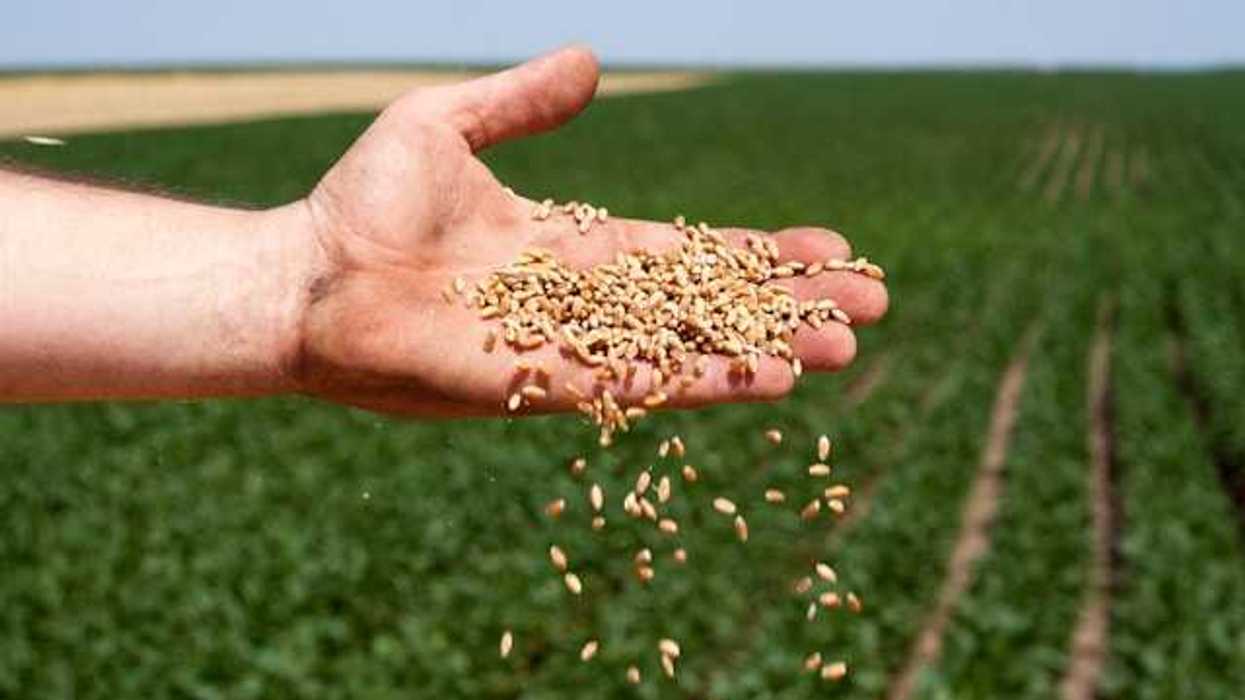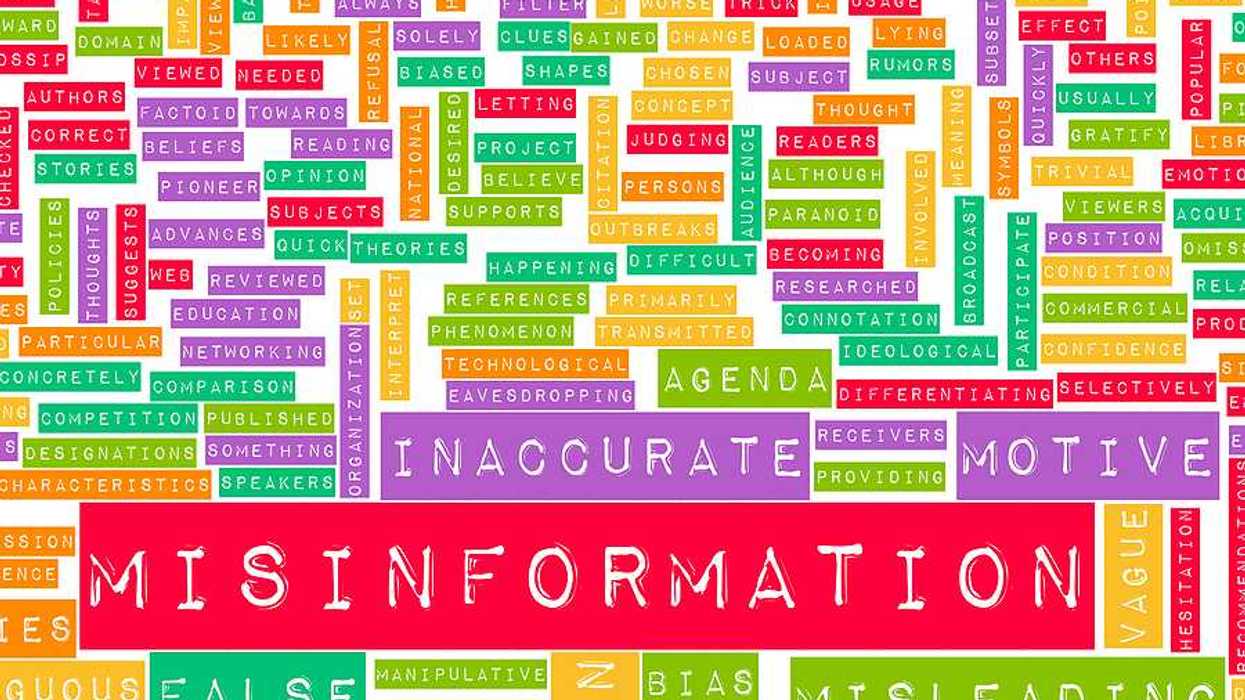Scientists are warning that chemicals in everyday plastics are driving a steep worldwide decline in sperm counts, a trend accelerating over the past two decades.
Damien Gayle reports for The Guardian.
In short:
- Global sperm counts have dropped roughly 1% per year for 50 years, with the decline accelerating to over 2% annually in recent studies.
- Phthalates and bisphenols — common plastic additives — interfere with hormones, lowering testosterone, raising estrogen, and disrupting fetal development.
- Efforts to limit these chemicals hit a roadblock at international plastic pollution talks, leaving regulatory action uncertain.
Key quote:
“We showed the link between the exposure and fertility, and when you see that total sperm count going down worldwide, what I believe is you’re seeing an important effect of early exposure to these chemicals.”
— Shanna Swan, professor of environmental medicine and public health, Icahn School of Medicine at Mount Sinai
Why this matters:
The picture emerging from labs around the world is unsettling: Men’s sperm counts are nosediving, and chemicals hiding in everyday plastics — those bottles, packaging, and gadgets — play a significant role. Yet even as evidence mounts, international efforts to rein in these chemicals are hitting walls and regulatory action remains in limbo. Meanwhile, the world keeps churning through plastics, contributing to a global fertility crisis with implications for families and public health systems alike.
Read more:
















